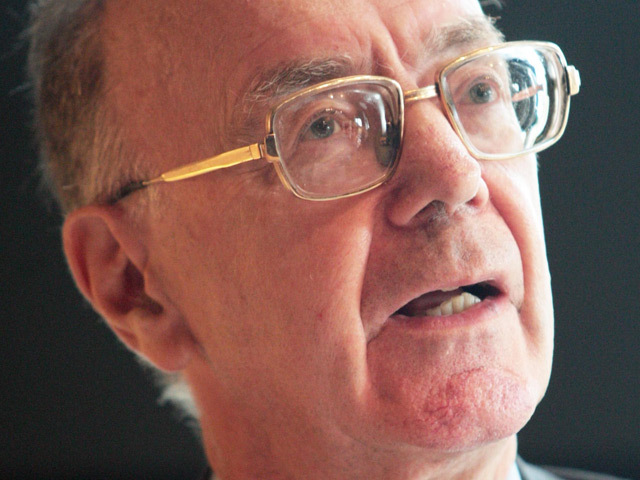
Oil expert Professor Alex Kemp has said there is some cause for optimism that the oil price may rally in 2017, but not before it endured a “painful” 2016.
Speaking to Energy Voice, the leading oil and gas economist said he agreed with the International Energy Agency’s assessment that a global glut would continue throughout next year as demand growth slows and OPEC members retain their absolute focus on maximising output.
Professor Kemp said: “My view is that 2016 promises no indication of a price increase much above current levels.
“We should not expect sizable price increases at all next year. At the moment all market indications suggest continued production levels, which are relatively high in relation to world demand.
“Saudi Arabia has indicated it intends keeping market share and keeping its current levels of production in theto next year.
“Iraq also intends to keeping it production at existing levels and we have the prospect of Iranian oil coming on to the world market on a much bigger scale once its sanctions are removed.
“US production of shale may come down a little bit, but when you add everything together the prospects are that production can be maintained and may even increase.
Professor Kemp said OPEC was intent on keeping the pressure on non-OPEC producers.
He said: “Iran has high stocks in tankers and storage which will be immediately available when sanctions are lifted and this stock will be sold quite freely.
“As we know, the price is now very low, to around $40. The question is whether this has already taken into account the extra supplies we can expect to come on the market next year, or whether we will see a further reduction in price.”
The academic, one of the foremost authorities on the oil and gas sector, said the North Sea will be continue to face a “very tough time indeed” in 2016.
“If we assume the oil price will continue to be remain in the $40 to$50 range, quite a lot of fields are not covering their production costs.
“As far as new investment is concerned, it is very difficult to anticipate further investment without further cost reductions. The industry is working hard to implement these but it painful for everyone, not least the supply chain.”
However, 2017 may deliver some positive effects, according to Kemp.
“So many major projects have been put on hold it could affect the level of production and the market might tighten leading to an increase in price,” he added.
“We might see some increase in the oil price because so because so much production capacity has been taken away, although there is still some questions remaining about whether Saudi Arabia and Iraq can maintain their levels of production.
“With the cost reductions that are being implemented in the North Sea at the moment, companies will be hoping that new projects can become viable with a lower cost base.
“There is some cause for optimism if we look towards 2017, but we must remember that to get there, we will have to endure 2016, which will be a very painful year for everyone.”
